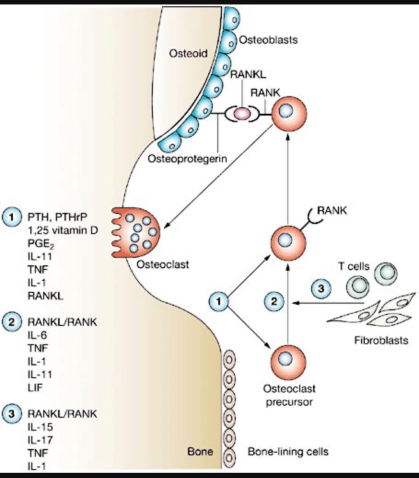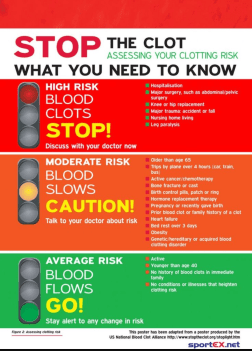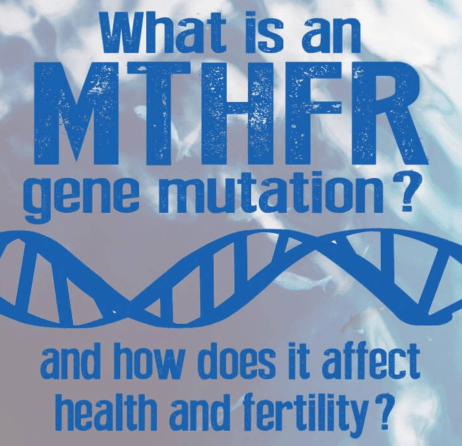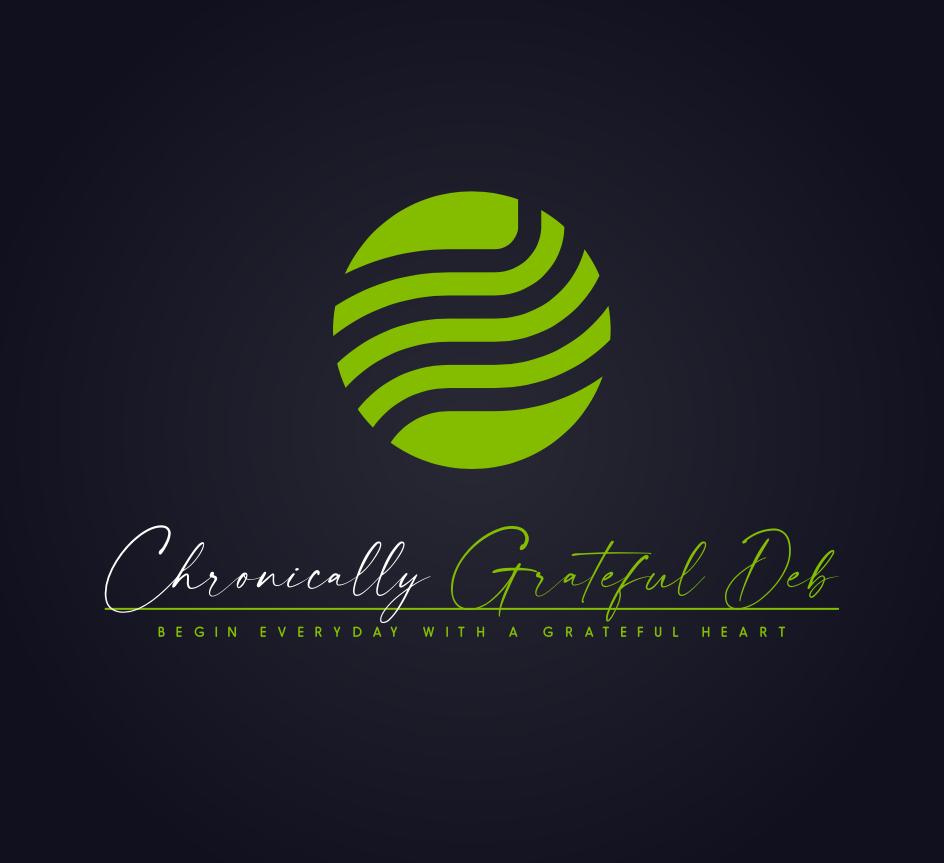I was Diagnosed with Factor V Leiden heterogeneous about a year after I was diagnosed with Avascular Necrosis/Osteonecrosis – to check for any possible underlying clot issues, and sure enough I can add yet another health concern to the suck column. Because many have a disorder and don’t really know it , I am a big believer in getting shit checked out.
I will post some info on various blood disorders associated with AVN. It still boggles my mind how there isn’t better treatment options for AVN (Avascular Necrosis/Osteonecrosis). I mean there are so many ways to get it from blood disorders to steroids Corticosteroids, Glucocorticoid, Anabolic, Cortisone Shots, to Alcohol abuse, To divers who get the bends to trauma to bone or joint to autoimmune disease and more….Today I will focus on Blood Disorders
Homocysteine Levels
Homocysteine is an amino acid produced by the body.
Elevated homocysteine levels are linked to high concentrations of endothelial asymmetric dimethylarginine (ADMA); a chemical found in blood plasma. ADMA interferes with the synthesization of Nitric Oxide from L-Arginine. Nitric Oxide is important in our bodies because it increases blood flow.

It is important for Osteonecrosis (Avascular Necrosis) sufferers to have their homocysteine levels checked because high homocysteine levels cause narrowing of the arteries and can lead to excessive blood clotting.
Vitamins B6, B12 and Folic acid are commonly taken to lower homocysteine
Factor V Leiden
BASIC FACTS
Factor V Leiden is an inherited blood clotting disorder. It is a specific gene mutation that can result in thrombophilia (an abnormality of blood coagulation that increases the risks of blood clots forming in blood vessels).
People who are heterozygous (carry one gene mutation) or homozygous (carry two gene mutations) are at higher risk of developing a DVT (deep vein thrombosis).
Factor V Leiden is the most common clotting disorder. 3-8% of Caucasians in North America carry the gene mutation.
Factor V Leiden can cause miscarriages. Pregnant women with Factor V are considered high risk and need to be on a course of low molecular heparin or it’s derivative, Enoxaparin Sodium (generic name is Lovenox), during pregnancy.
WHAT ISN’T WIDELY DISCUSSED/KNOWN

Factor V Leiden along with other blood clotting disorders has been DIRECTLY linked to Osteonecrosis/Avascular Necrosis. There are several clinical papers I will post here on this blog concerning this fact.
If you have Factor V you should NEVER take steroids. Even a 20 day use of high dose Prednisone can cause ON/AVN.
If you have Factor V NEVER take drugs with estrogen, ie, the Pill.
If you have Factor V NEVER eat products that advertise themselves as containing phytoestrogen.
Note: The above are recommendations given to me during a conversation with Dr. Charles Glueck and are supported by his research. This is not medical advice for you this is based on the diagnosis of my Factor V Leiden.
eNOS
What is the eNOS (Endothelial Nitric Oxide Synthase) gene T786C mutation
When someone has a mutation in their eNOS gene it means that their body doesn’t produce an amino acid called L-Arginine (also refered to as Arginaid). Arginine is important because it leads to the formation of Nitric Oxide in the body.
Nitric Oxide widens blood vessels and increases blood flow within the body.
If you have the eNOS mutation your body doesn’t manufacture enough Arginine, therefore, it doesn’t produce Nitric Oxide which leads to vascular problems, i.e. clotting.
Considering that Osteonecrosis (Avascular Necrosis) is caused by a lack of blood supply to the bone, it is imperative that ON (AVN) sufferers be tested for the eNOS T786C gene mutation.
Most people with the T786C mutation are instructed to take Arginine, in powder form, under the guidance of a medical professional.
More in-depth explanation of the eNOS mutation
Nitric Oxide is a free radical gas made in the endothelial cells from the amino acid, L-Arginine, by Nitric Oxide Synthase (eNOS). Nitric Oxide Synthases are a family of enzymes; biological molecules that make chemical reactions happen.
Nitric Oxide plays a major role in vasodilatation. Nitric Oxide widens the blood vessels, and maintains vascular tone in the body.
If there is the presence of the T786C mutation in the eNOS gene there is decreased synthesization of Nitric Oxide. This decreased synthesization leads to vascular problems including: coronary spasm and thrombophilia.
The human body usually manufactures Arginine, in the case of people with the eNOS mutation their bodies do not sufficiently produce enough Arginine, therefore, their bodies cannot support Nitric Oxide Synthesization.
MTHFR ( no im not swearing and yes MTHFR really is a thing )
What is MTHFR? Contrary to how it looks, “MTHFR” is not an abbreviation for a curse word, but a shortened form of methylenetetrahydrofolate reductase… Aren’t you glad it is abbreviated?

MTHFR is an enzyme that adds a methyl group to folic acid to make it usable by the body. The MTHFR gene produces this enzyme that is necessary for properly using vitamin B9. This enzyme is also important for converting homocysteine into methionine, which the body needs for proper metabolism and muscle growth and which is needed for glutathione creation . The process of methylation also involves the enzyme from the MTHFR gene, so those with a mutation may have trouble effectively eliminating toxins from the body.
Sickle cell anemia (SCD) facts
Sickle cell anemia (SCD) is an inherited disorder of the hemoglobin in blood.
 Sickle cell anemia requires the inheritance of two sickle cell genes.
Sickle cell anemia requires the inheritance of two sickle cell genes.
Sickle cell trait, which is the inheritance of one sickle gene, almost never causes problems.
Virtually all of the major symptoms of sickle cell anemia are the direct result of the abnormally shaped sickle red blood cells blocking the flow of blood.
The current treatment of sickle cell anemia is directed primarily toward managing the individual features of the illness as they occur.
Plasminogen activator inhibitor-1 (PAI-1) deficiency is a rare inherited autosomal recessive bleeding disorder characterized by excessive clot lysis leading to a moderate lifelong bleeding diathesis. PAI-1 is an essential protein critical in down-regulation of the fibrinolytic pathway.
Get Checked out talk to your PCP you never know if you have an underlying clot issue
Links
Homocysteine https://www.ncbi.nlm.nih.gov/pmc/articles/PMC2311469/
Factor V Leiden http://local.cincinnati.com/share/story/226682
eNOS https://www.ncbi.nlm.nih.gov/pmc/articles/PMC2739499/
Sickle Cell. http://www.nejm.org/doi/full/10.1056/NEJM199111213252104
MTHFR http://m4.wyanokecdn.com/3244bb012ce7de2408721ef487d83395.pdf
https://doctordoni.com/2014/04/folic-acid-and-mthfr-could-you-have-a-genetic-mutation/
Remember this is not medical advice just information NEVER do anything without consulting your primary care doctor!!
#Osteonecrosis
#AvascularNecrosis
#BloodDisorders
#Wegohealth



There is a Doctor in Cincinnati who will email you the tests you need. He does a ton of research email CJGlueck @ health-partners . org Tell him you have AVN and you are interested in the blood tests. He will email you the info.
LikeLike
Trust me I know what I’m talking about
LikeLike
What is the point of doing these tests if there is no treatment? I take aspirin for a mild clotting disorder and not only I still have knee AVN but now I have it on both knees, ankle, elbow and hip!
LikeLike
There are many treatments for Osteonecrosis it depends on stage and how soon you get treatment and the cause if known . Joint replacement isn’t your only option.
LikeLike
I doubt all your avn has no known cause.
LikeLike
Yes but treating the clotting disorder didn’t help at all.
LikeLike
It often does have a cause. Especially if you have a clotting disorder.
Many treatments are available.
Depends on stage and how you got osteonecrosis.
From Prp- prolotherapy-Stem cell injections-bisphosphonates- hbo -bone grafts- new study currently using aspirin
Just to name a few.
As with any treatments which may work for me may not work with you.
I have a had a decent results with Prp.
Not a cure but I will take my progress.
Have a great day.
LikeLike
You need to talk to your doctor as what works for some may not work for everyone.
LikeLike
Trust me it has no known cause. The treatments I know are core decompression with stem cells and hyperbaric oxygen treatment. Please tell me if there are other treatments as well
LikeLike
May I ask why don’t you feel it has no known cause? I know my cause.
LikeLike
What do you mean?The doctor told me it has no known cause it s because I have none of the risk factors!
LikeLike
First of all yours maybe idiopathic meaning no cause , that doesn’t mean all cases of osteonecrosis have no cause.
LikeLiked by 1 person
Sure. I m talking about mine… Not all cases
LikeLiked by 1 person
I was diagnosed with idiopathic should AVN in 2018. I had no risk factors but then discovered that I had 2 heterozygous MTHFR polymorphisms and probably an eNOS issue.
I work in healthcare and have an interest in genomics to better understand body pathways and how to support any faulty polymorphisms.
I worked with a functional Med doc who specializes in clinical nutrition. I asked if there was anything I could do to support my body to heal. I had a mild megalocytic anenia and had a foot surgery two months before diagnosis which may have precipitated the problem.
She recommended addressing the MTHFR by avoiding folic acid, taking methylated forms of B9/B12 , SAMe to help with methylation, Citrulline to increase available NOS and using a heating pad at night.
I had one radiology guided intraarticular steroid injection a month after diagnosis to help reduce pain. I had limited range of motion and intense pain if I went beyond my limits.
Two different metro medical center orthos told me shoulder replacement was the only option . 6 months after starting these therapies, I began to notice increased range and decreased pain. 10 months after starting , I was pain free with full range of motion. My ortho is now writing up the case.
I suggest listening to the book Dirty Genes to learn more about genomic pathways.
LikeLiked by 1 person
That’s great!! I am happy for you.
My avn was due to injury , and I have been working with nutritionist as well as doctors to help my avn as well as other medical conditions.
I know a several that have had good and not so good outcomes.
I have read the book Dirty Genes , I read it in 2018 and several others.
As with all books ,I find the information very interesting, but there is no one size fits all as far as treatment.
Just remember what helped you may not help others .
I would be interested in reading your functional medicines research paper.
Have a great day !!
LikeLike
do you know anyone who is taking citrulline for AVN/osteonecrosis with eNOS T786C homozygote?
LikeLike
I do not. I am not a doctor just and advocate.
That is something you should discuss with your pcp or Ortho or hematologist.
Because many can get Avn aka Osteonecrosis from varies ways for many they cannot take supplements as it has drug interactions, some have to much damage and need joint replacement, some get prp or stem cell injections for early stage or medications like Bisphosphonates etc…. Everyone is different not one treatment is for everyone.
Info https://www.ncbi.nlm.nih.gov/pmc/articles/PMC3911980/
LikeLike
thanks
LikeLike